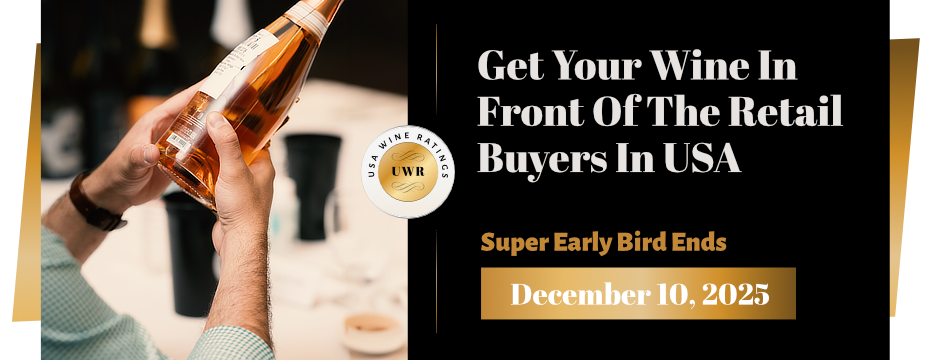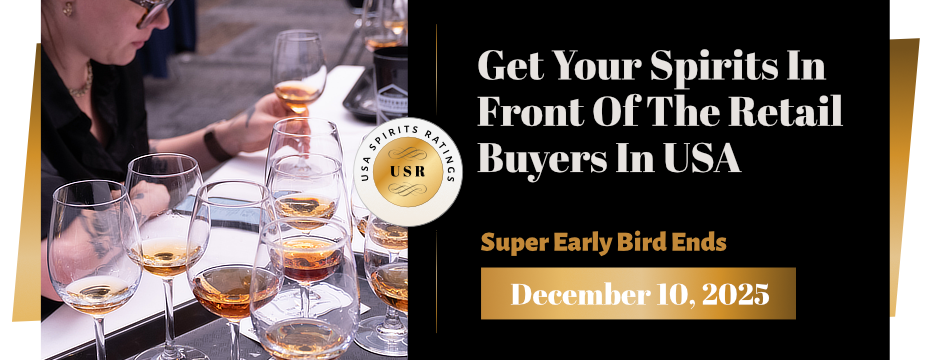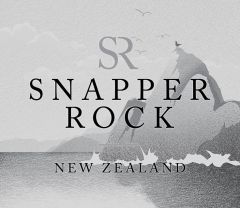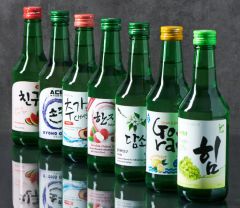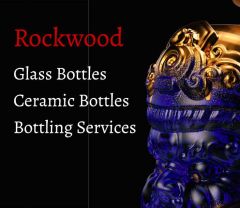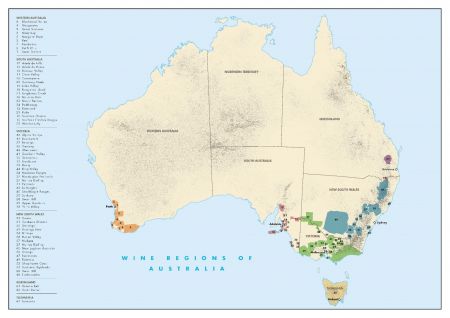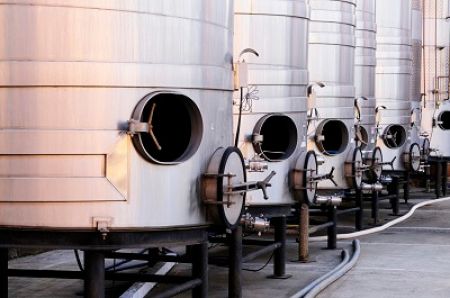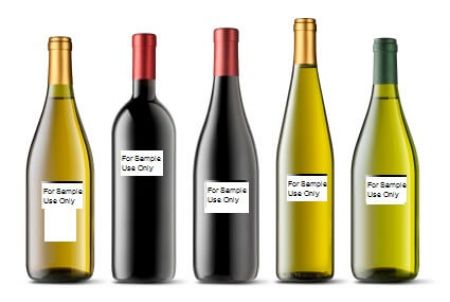Sommeliers Choice Awards 2025 Winners
Storytelling with Tom First: Advice for Beverage Innovators
BTN takes insights from Tom First, managing director of First Beverage Group on facing the challenges and growing your beverage business.
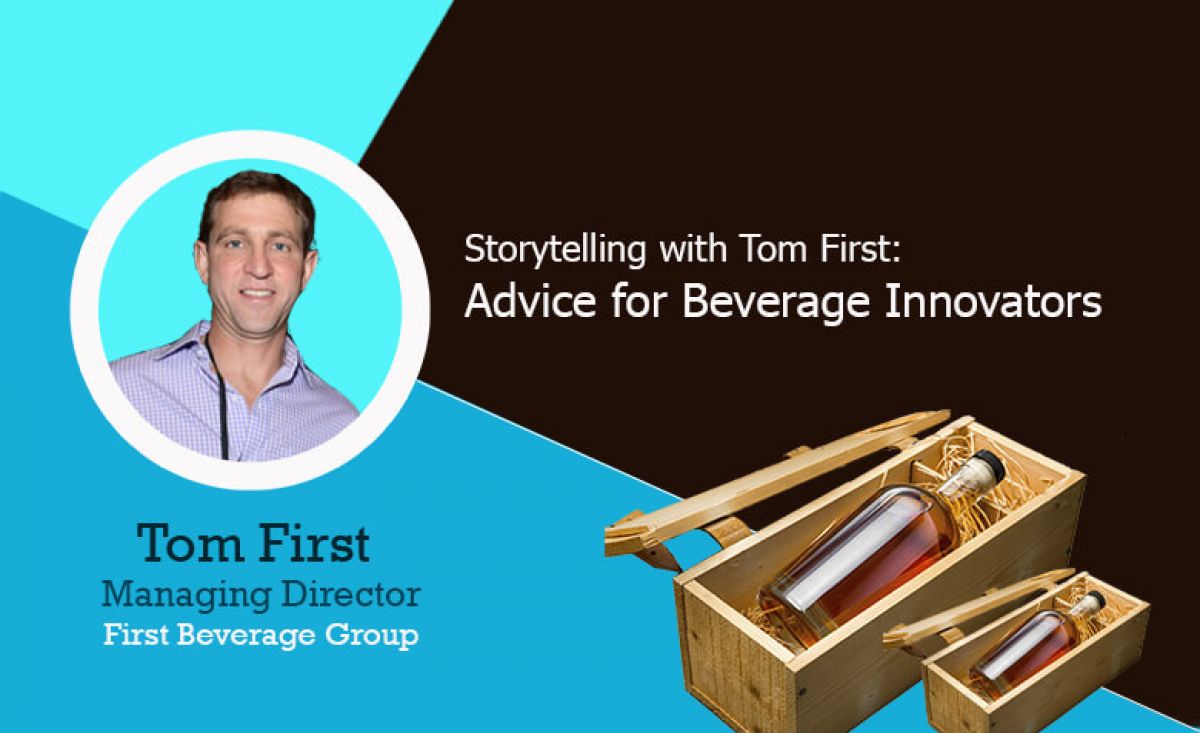
In today’s fast-paced world of beverage innovations and development, competition is fierce and options are endless. This wasn’t always the case, according to First Beverage Group managing director Tom First. In a speech given at the BevNet Live Summer 2016 conference, First remembers the challenges he faced as a budding beverage entrepreneur and gives tips to those facing the challenges of growing their companies in today’s market.
Today, First is the head of First Beverage Group, working with clients such as Purity Organic, Essential, and various craft beer companies. He notes that the crowded alternative beverage landscape of today looks nothing like it did when he got his start back in 1989. Together with Tom Scott, First founded juice company Nantucket Nectars. He describes how he and Scott worked to scale their company even as they were still learning about the beverage industry. One of the biggest lessons? Their first meeting with a distributor—beverage powerhouse L. Knife & Son of Budweiser fame.
Humble Beginnings
First laughs about that meeting now, but when it occurred, it was terrifying for two guys who had never even negotiated a contract before. In fact, First had Scott’s father—an attorney—go through the distributor agreement and point out the areas that needed renegotiating. They arrived at the L. Knife & Son headquarters in Kingston, Massachusetts having never set foot in a distributorship before. They stared at the grand marble staircase and two giant Clydesdale statues that greeted them in the entryway. Scott was so nervous that he dropped their sample box, shattering the glass bottles all over the stairs and dripping fruit juice onto the Clydesdales below. And thus, their meeting began.
The two met with Charlie Smith to negotiate the distributor agreement—if one can call what happened during that meeting “negotiating.” First and Scott worked their way down their list of demands, starting with a change in the payment terms. Smith said no. First and Scott agreed and moved on. The meeting proceeded this way through the entire list. They signed the contract and left feeling relieved. On the way out, Smith told the guys that they’d need a POS. First confidently replied that they had that all covered. As he and Scott walked outside, First stopped and said, “What on earth is a POS?” They had no idea what it was.
The world in which Nantucket Nectars began was a much different one than beverage innovators face today. Nantucket Nectars got its start on the back dock of a fish market and raised a total of $2.5M in the history of the company. The two Toms functioned without access to internet and cell phones—technological lifelines that are essentials in today’s business landscape. First, smiles as he remembers perusing the “glass” section in the Yellow Pages to find sources for their bottles and calling up a succession of windshield makers before finally finding what he was searching for.
Most importantly, though, they found themselves in a world where there were few mentors in the beverage innovations industry. There were other large competitors out there such as Pepsi, Snapple, and bottled water companies, but few people that First could simply call up and ask advice. Over time, he met Ben & Jerry, Jim Cook at the Boston Beer Company and Gary Hirshberg. Having relationships with people one can reach out to for perspective, he feels, is incredibly important for a beverage entrepreneur.
Alternative Beverages Today: A Whole New World
Today, the alternative beverage market has changed and is booming. As more and more people seek to create exciting innovations in the beverages industry, being a beverage entrepreneur has become the cool thing to do. In fact, there has been an influx of celebrities and athletes into the industry. First is also seeing many highly-educated individuals such as doctors and MBAs ditching their traditional jobs and starting beverage companies.
What does this mean for entrepreneurs in the alternative beverage field? The pace of growth is accelerating rapidly. Beverage companies feel the need to grow before other innovators have the chance to shut them out. Part of this growth is scoring national accounts that require a broad geographic distribution of multiple products. It’s not enough to focus regionally anymore. There is huge pressure to do well in venues such as convenience stores. The increased pace isn’t all bad news, though: there is also a huge opportunity for investment these days, often through sources such as crowdfunding or incubators.
The biggest challenge, according to First, is storytelling. This is the most effective way to think about marketing, he says, whether it’s a product’s packaging, a radio ad or communicating with company employees. Authentic stories are important. Consumers like to know about products they purchase, whether it’s the backstory of the founders or the history of the fruit that was used for the juice.
With so much competition and noise out there, it’s harder than ever to make one’s story stand out. “Taking a risk and doing something that other people aren’t doing,” First says, “whether it’s a different medium, or it’s bolder, or you’re spending more, but effectively—are how brands find ways to break out.” While social media is important, First prefers marketing radio or streaming video in order to really connect with the consumer. The important thing is that every piece feels consistent to the brand as a whole.
Today’s increased focus on health and wellness is one of the greatest positives for beverage innovators, says First. When Nantucket Nectars started out, people were talking about these topics, but they weren’t living them. They were still drinking sugary sodas. These days, people aren’t just talking the same old talk; they’re acting on it. They’re making health-conscious purchases, and retailers are working to accommodate these choices.
This means that alternative beverage entrepreneurs can look beyond small health food stores; they can get their products on the shelves of chains like Safeway-Albertsons. They can speak to the forager at their local Whole Foods. This can put a product in front of a wellness-minded demographic that carefully researches all food choices. With changes in technology, people can instantly find out all they need to know about their favorite brands—from the story to the ingredients—so honesty and integrity are incredibly important.
There is a huge opportunity for entrepreneurs in the alternative beverage world, First, believes. He expects the next ten years to be even more dynamic than the last and hopes to see the development of significant brands in the beverage industry. Budding beverage entrepreneurs can take heart from the story of First’s humble beginnings, as well as seek comfort in the knowledge that when it comes to developing beverage innovations, there has never been a better time than right now.




